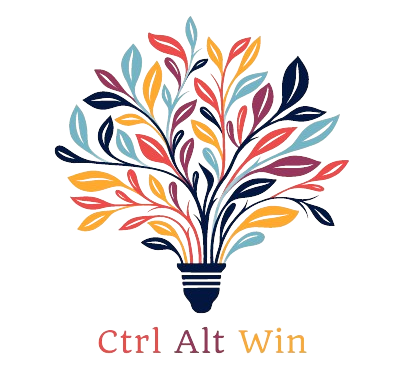In the modern era, where the digital landscape continually expands and evolves, online gaming stands out as a cornerstone of entertainment and connectivity. What began as simple, text-based adventures has blossomed into a vibrant ecosystem of immersive worlds, competitive Slot Gacor arenas, and social hubs that transcend geographical boundaries. From the humble beginnings of multiplayer gaming to the rise of massive online communities, the journey of online gaming has been nothing short of revolutionary.
The Birth of Multiplayer Gaming:
The roots of online gaming can be traced back to the early days of computing when primitive network technologies allowed for basic interactions between distant terminals. Text-based adventures like MUDs (Multi-User Dungeons) laid the groundwork for collaborative gameplay, where players could traverse virtual worlds together, solving puzzles and engaging in role-playing scenarios. These rudimentary forms of online interaction planted the seeds for what would later become a global phenomenon.
The Rise of Massively Multiplayer Online Games (MMOs):
The true explosion of online gaming came with the advent of Massively Multiplayer Online Games (MMOs). Titles like “Ultima Online,” “EverQuest,” and “World of Warcraft” introduced players to vast, persistent worlds where thousands could coexist simultaneously. These games offered a blend of exploration, questing, and social interaction, fostering communities that transcended the boundaries of traditional gaming.
MMOs not only provided a platform for entertainment but also served as virtual meeting places where friendships were forged, alliances formed, and epic tales created. Guilds and clans became integral to the gaming experience, fostering a sense of camaraderie and teamwork among players from all walks of life.
The Emergence of Esports:
As online gaming matured, so too did its competitive aspect. Esports, or electronic sports, emerged as a global phenomenon, attracting millions of viewers and offering lucrative prize pools. Games like “League of Legends,” “Counter-Strike: Global Offensive,” and “Dota 2” became household names, with professional players attaining celebrity status.
Esports events filled stadiums, with fans cheering on their favorite teams and players with the same fervor as traditional sports. The rise of streaming platforms like Twitch further democratized the esports scene, allowing anyone with an internet connection to watch live matches and engage with their favorite players.
The Social Fabric of Online Gaming:
Beyond the competitive arena, online gaming has also become a cornerstone of social interaction in the digital age. Virtual worlds like “Second Life” and “Roblox” provide platforms for creativity and self-expression, allowing players to build and share their creations with Slot Gacor others. Social networks within games facilitate communication and collaboration, fostering friendships that often extend beyond the confines of the virtual world.
The Impact on Society:
The impact of online gaming on society is profound and far-reaching. It has redefined the way we socialize, entertain ourselves, and even make a living. For many, online gaming offers an escape from the pressures of daily life, providing a sense of accomplishment and belonging in virtual worlds.
However, concerns about addiction, toxicity, and the commodification of gaming have also emerged. Balancing the benefits of online gaming with its potential drawbacks remains an ongoing challenge for developers, policymakers, and society as a whole.
The Future of Online Gaming:
As technology continues to advance, the future of online gaming holds endless possibilities. Virtual reality (VR) and augmented reality (AR) promise to further blur the lines between the digital and physical worlds, offering immersive experiences that were once the stuff of science fiction.
